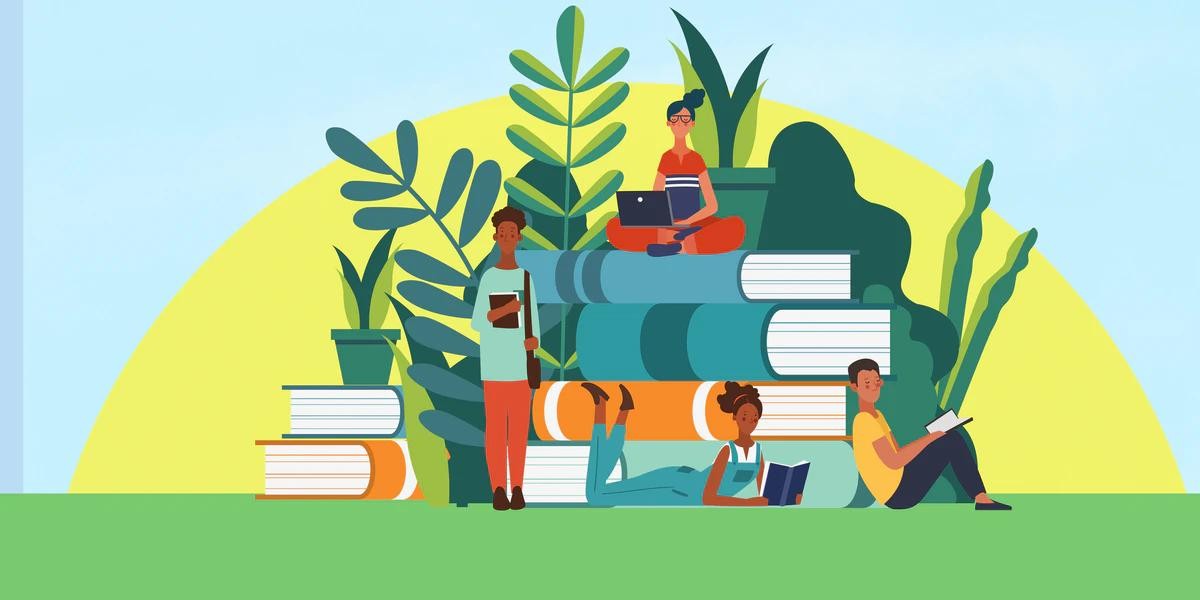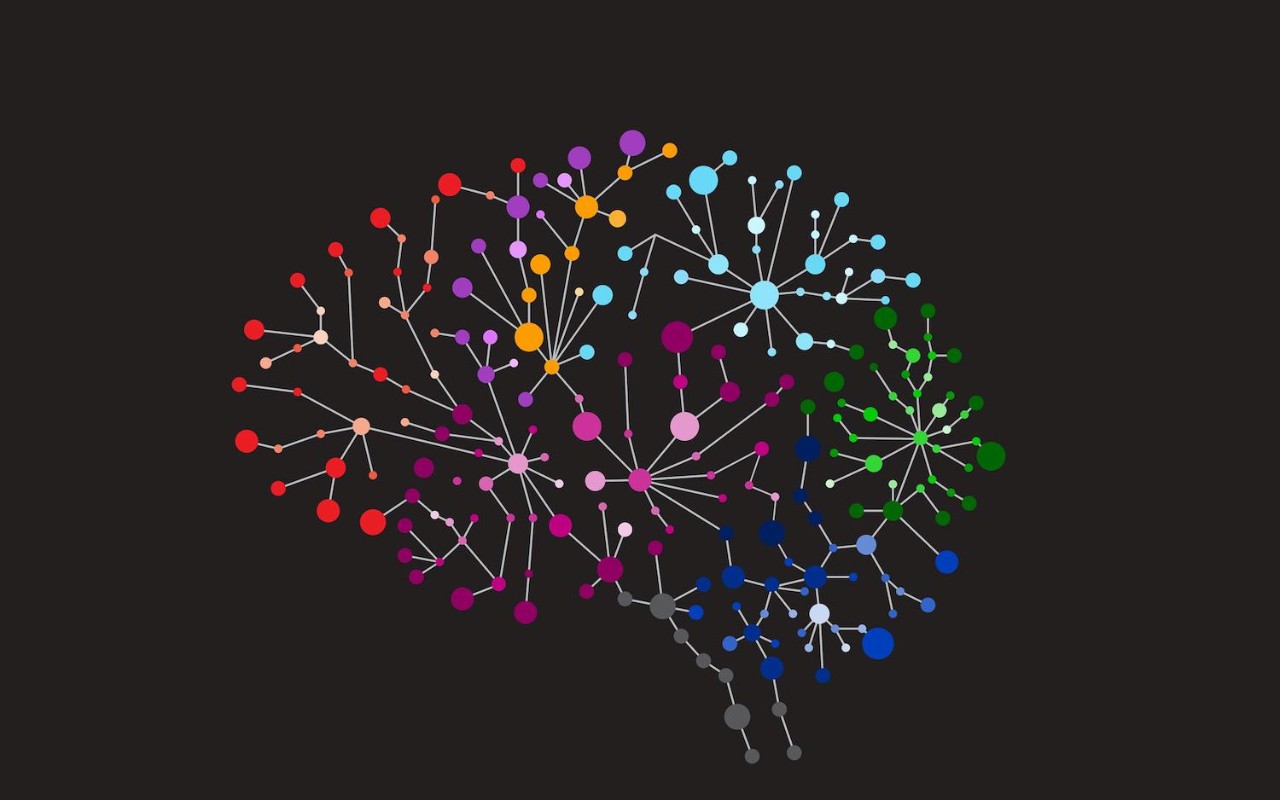
Season One Episode Directory
Episodes
Pulled Up Short Trailer
Stanton Wortham
March 15, 2021
Are you interested in piquing your curiosity and reimagining the world anew… in only 35 minutes? Tune into “Pulled Up Short" where we aim to create experiences of surprise by encountering an idea, text, or experience that challenges our ways of thinking and deeply held assumptions about the world.
If you’re ready to be pulled up short, tune in for the launch of our first episode on Monday, March 22! Then, subscribe to the podcast so that you don't miss out on our newest episodes (hint! It’s a Monday morning surprise).

Gabrielle Oliveira with Samantha Ha DiMuzio
March 22, 2021
In this episode, Gabi Oliveira asks us to let kids have a seat at the adults’ table, or rather, take a seat at the child’s table when it comes to decision-making that will affect youth’s lives. Drawing on her own ethnographic research, she explores the possibilities when young children are taken seriously as political participants.

Thomas Groome with Belle Liang
March 29, 2021
In this episode, Thomas Groome troubles the stereotypical divide between faith and science using examples from his own experience, including a chat with his bee-keeper neighbor. Tune in to consider the many ways in which atheism and theism are on level ground—by way of reason.

Scott Seider with Melissa Fitzpatrick
April 5, 2021
World poverty is a humanitarian issue that is nearly unanimous in stance -- you don’t find many people who would want global poverty and hunger to persist. However, what if there was something tangible you could do to address this problem? In this episode, Scott Seider considers Peter Singer’s Solution to world poverty and what it asks of everyday people.

Stanton Wortham with Usha Tummala-Narra
April 12, 2021
In this episode, Stanton Wortham draws on anthropological research to illustrate why a belief in witchcraft is rational. His definition of witchcraft—not defined by pointy hats or Halloween—might challenge you to consider not only whether witches exist, but whether you could be a witch as well.

Usha Tummala-Narra with Rebecca Lowenhaupt
April 19, 2021
Drawing from the widespread fascination with Netflix’s show, Indian Matchmaking, Usha Tummala-Narra addresses the ways in which South Asian arranged marriage practices might be more common in Eurocentric relationships and conceptions than we might think.

Ryan Hanley with Greg Kalscheur
April 26, 2021
The central figure in this episode is Adam Smith, an economist and philosopher most notorious for being the “Father of Capitalism.” Ryan Hanley draws from his own research to demonstrate how Smith’s focus on markets is compatible with commitments to social justice and to providing for the poor.

René Arcilla with Chris Higgins
May 3, 2021
Like most people, René Arcilla thought that the purpose of education was to equip students with the skills and knowledge needed to address pressing social problems. This episode highlights what he discovered instead—a purpose of education that isn’t focused on acquisition, but has more to do with attraction, beauty, and mystery.

Rebecca Lowenhaupt with Vincent Cho
May 10, 2021
As COVID-19 rages on, there is increasing conversation and controversy about the impact of the pandemic on education and school children. Many have characterized this school year as one of disruption and learning loss. In this episode, Becca Lowenhaupt proposes a flip in script: What if we see this year as one of increased learning for children? As a year of learning gained?

Greg Fried with Liane Young
May 17, 2021
Though it has become a commonsense assumption that humans indeed have control over their decision-making, Greg Fried offers a neurological insight in this episode that raises questions about whether or not humans really have free will.

Richard Kearney with Colleen Griffith
May 24, 2021
In our current era of the pandemic and of social distancing, we are confronted with the challenges of prolonged periods without contact. In this episode, Richard Kearney claims that the basic human need for touch has never been so prevalent as it is today. Tune in to consider the reasons why touch is arguably our most important and most neglected human sense.


